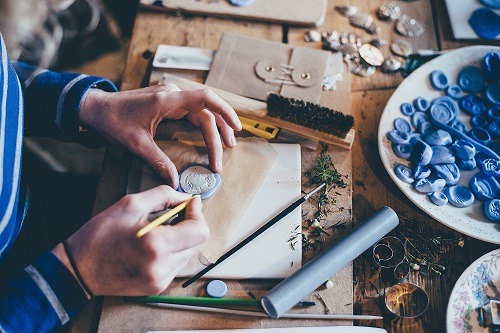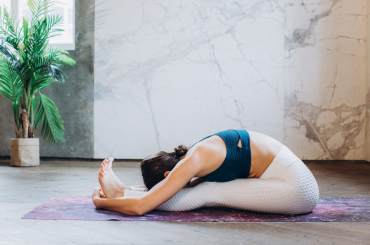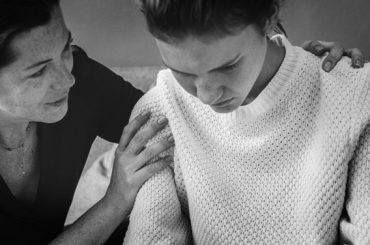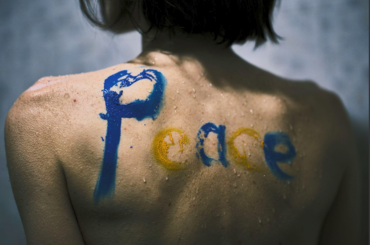
When you can’t find the words to express how you’re feeling, expressing yourself through a craft has been shown to be highly effective. Over 66% of patients in one study even reported that using art as therapy was associated with significant positive changes in mental health symptoms. While addiction treatment takes shape in many different forms, there are certain techniques that can be used to compound the beneficial effects of any type of treatment, and one of these is participating in arts and crafts. Learning a traditional craft or simply engaging in an artistic activity that allows a person to express themselves is a great way for people in recovery to explore their emotions in a healthy way while also learning something new.
What Exactly is Art Therapy?
Differing from traditional therapy such as individual, group, or relapse prevention, art therapy is a bit of a mix of skills-focused therapy that relies on using nonverbal expression in order to work through and make sense of deep emotional trauma or life experiences. Learning a craft can fall under the umbrella of this type of recovery aid as it uses nonverbal expression and artistic skills to work through emotions. This type of recovery aid can expand the way an individual can convey what they are feeling while also offering the space to explore, understand and resolve issues that they either might not feel comfortable talking about or simply can’t find the words to express. While art therapy implies that the individual needs to be drawing or painting, it can actually be anything that allows a person to create, such as sculpting, dancing, playing an instrument or even learning how to sew clothes for yourself or a loved one.
Stress Reduction During the Recovery Process
Not only is addiction recovery a somewhat stressful process due to the physical and emotional turmoil it can take on your mind and body, but high-stress situations are one of the biggest triggers for relapse. In fact, psychologists note that stressful life events combined with poor coping skills may impact risk of addiction through increasing impulsive responding and self-medication.During the recovery process, therefore, it is important to engage in activities that help you stay calm, balanced and occupied. Taking up a new hobby is great for this, and art therapy that includes learning a new hobby can be a part of that. Learning a new craft, skill or art form is a great way to destress while also improving your confidence and skill set. Hobbies such as sewing, knitting, painting and playing a musical instrument will help you calm your nerves while also acting as a cathartic release.
Learning Life Skills and Healthy Emotional Expression
Learning a craft is a great way to engage in an activity that helps you build and strengthen your skill set while also providing you with the space you need to cultivate a healthy sense of introspection. People who find it hard to verbally express themselves can benefit greatly from art therapy that includes learning a crafty skill, as they’ll find that they are not only building confidence through that skill or artform but that they are expressing themselves in a healthy way through the things that they are creating. All of these aspects are highly beneficial to the general population but particularly helpful for people in recovery.








1 Comment
This is a great article- it is so important to learn (relearn) how to play and to express ourselves creatively. Thank you for reminding me about this important tool in my toolboxes of both recovery and self care.